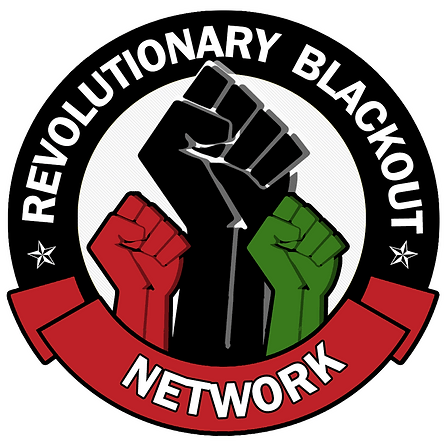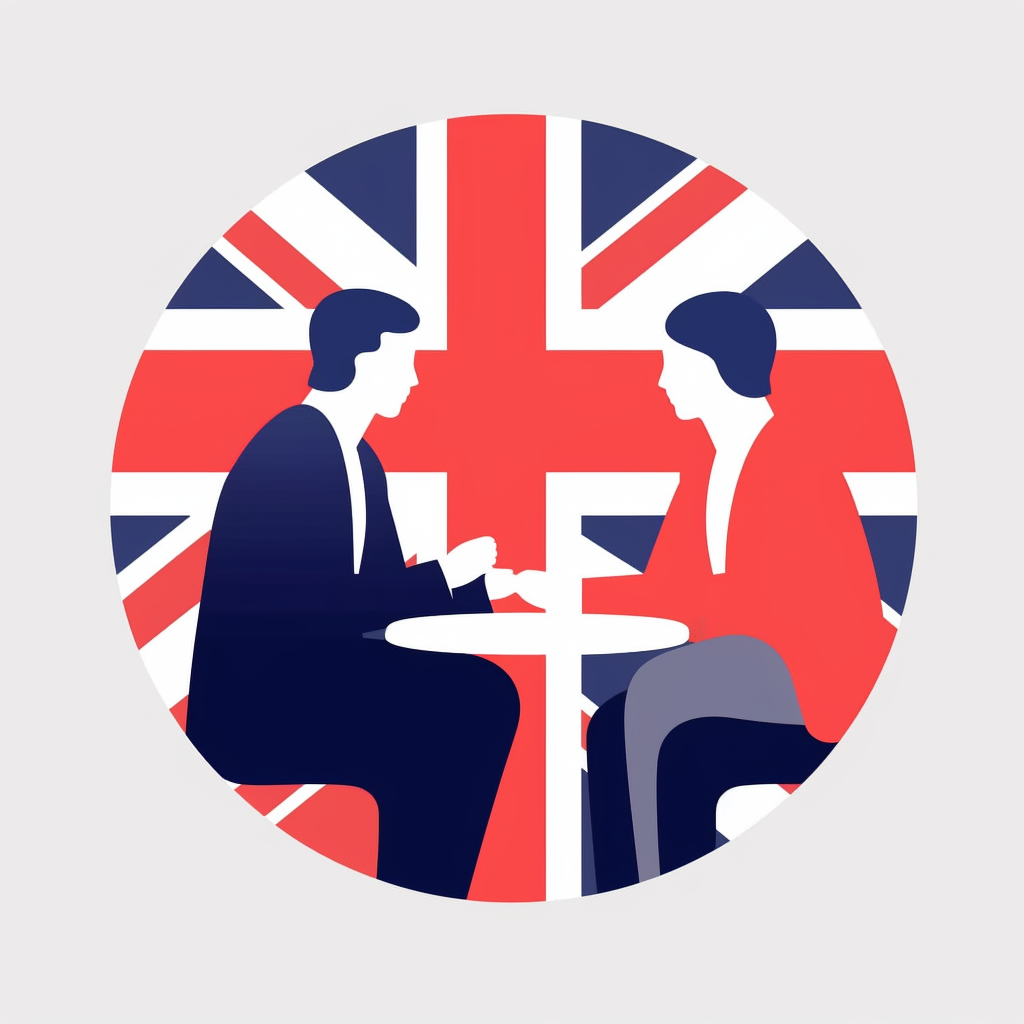

I prefer dots over spaces.
Spaces can mess with stuff, double space…


I prefer dots over spaces.
Spaces can mess with stuff, double space…
True, politics makes Musk a tribalist issue.
Anti-semitism is a real thing, but Israel-Palestine has always made it harder to understand. If it is truly anti-religious or just questioning Israel gov’t and actions.
Seems like a smear of Musk for not siding with Israel and instead calling for a ceasefire or peace.
Looking at the talk Musk had with Lex Fridman.


Nice!
Was not expecting that, hahaha


edit:2 words
Seems like a positive, good on FCC.
Seems to not be a race problem, it is more on working class vs. wealthy class problem.
Wealthier neigborhoods vs. working class neigborhoods.
Interesting news to follow, can’t wait for independent yters and the like to start commenting on this.


Yes, FBI and the other agencies do have a lot of influece in everthing to do with gov’t/media.
Aaron Maté and Glenn Greenwald and some others report on FBI.
Matt Taibbi and twitter files also showed how social media companies and gov’t work together.


Talking about being a pirate in the high seas.
Torrents and 3rd party sites, and such.


Great talks and questions:
https://news.ycombinator.com/item?id=38217355&ref=upstract.com


Thanks for the video!
Was not expecting comedy, hahahaha


Seems like some people will learn more on how cars work so as to disable the features…
“Many car manufacturers are selling car owners’ data to advertisers as a revenue boosting tactic, according to earlier reporting by Recorded Future News. Automakers are exponentially increasing the number of sensors they place in their cars every year with little regulation of the practice.”
Random video that goes with above: Tesla faces possible lawsuit after allegations workers secretly shared images from car cameras https://www.youtube.com/watch?v=eTtRgq0WdLg [1:00]


Christopher J. Morris is an English comedian, radio presenter, actor, and filmmaker. Known for his deadpan, dark humour, surrealism, and controversial subject matter, he has been praised by the British Film Institute for his “uncompromising, moralistic drive”. In the early 1990s, Morris teamed up with his radio producer Armando Iannucci to create On the Hour, a satire of news programmes. This was expanded into a television spin off, The Day Today, which launched the career of comedian Steve Coogan and has since been hailed as one of the most important satirical shows of the 1990s. Morris further developed the satirical news format with Brass Eye, which lampooned celebrities whilst focusing on themes such as crime and drugs. For many, the apotheosis of Morris’ career was a Brass Eye special, which dealt with the moral panic surrounding paedophilia.
Nice one, made me chuckle!


Thanks for sharing!
Looks like this is the norm now, Technofeudalism is here, goodbye capitalism.
Following the censorship over the years, looks similar to what happened with legacy media (main stream media).
Quote included in post:
“Of all tyrannies, a tyranny sincerely exercised for the good of its victims may be the most oppressive. It would be better to live under robber barons than under omnipotent moral busybodies. The robber baron’s cruelty may sometimes sleep, his cupidity may at some point be satiated; but those who torment us for our own good will torment us without end for they do so with the approval of their own conscience.” — C.S. Lewis
In short, the Internet opened the door to a much larger, more diverse, and more vibrant world than I would have otherwise been able to experience; and enabled me to be an active participant in, and contributor to, that world. All of this helped me to learn, and to grow into a more well-rounded person.
In recent years, it seems like the whole world has become more ornery. Maybe that has something to do with the pandemic, or with political disagreements. Whatever the reason, people have become faster to attack, and slower to recognize each other’s shared humanity. One aspect of this has been a constant barrage of attacks on communication services, Omegle included, based on the behavior of a malicious subset of users.
Fear can be a valuable tool, guiding us away from danger. However, fear can also be a mental cage that keeps us from all of the things that make life worth living. Individuals and families must be allowed to strike the right balance for themselves, based on their own unique circumstances and needs. A world of mandatory fear is a world ruled by fear – a dark place indeed.
Unfortunately, what is right doesn’t always prevail. As much as I wish circumstances were different, the stress and expense of this fight – coupled with the existing stress and expense of operating Omegle, and fighting its misuse – are simply too much. Operating Omegle is no longer sustainable, financially nor psychologically. Frankly, I don’t want to have a heart attack in my 30s.


Everything spys on us, not just tiktok. Yes, steps can be taken to lessen the spying, but in the end of the day we are just self censoring ourselves from other platforms.
Social media is here to stay and the masses use it as a way to get information/entertainment.
Making burner accounts are a thing, share information that goes against the status quo, I think that is admirable.
Only way people are exposed to certain viewpoints is by joining that bubble and going against the narrative.
In the end this gets complicated for various reasons, what do y’all suppose is the best course of action to go against the status quo?
edit: fix similarities typo
Awesome to see the similarities between: Newtonian Mechanics and Quantum mechanics
Coulomb’s law was essential to the development of the theory of electromagnetism and maybe even its starting point, as it allowed meaningful discussions of the amount of electric charge in a particle.
Here, ke is a constant, q1 and q2 are the quantit>ies of each charge, and the scalar r is the distance between the charges.
Being an inverse-square law, the law is similar to Isaac Newton’s inverse-square law of universal gravitation, but gravitational forces always make things attract, while electrostatic forces make charges attract or repel. Also, gravitational forces are much weaker than electrostatic forces. Coulomb’s law can be used to derive Gauss’s law, and vice versa. In the case of a single point charge at rest, the two laws are equivalent, expressing the same physical law in different ways. The law has been tested extensively, and observations have upheld the law on the scale from 10−16 m to 108 m.
Yes, that is becoming the norm, similar to websites that want adblock removed or signin popups.
Aside from lemmy what do you use for info. and other?
That was an awesome one!
Co-op delivery company in the works?!
Great on Tony, doing the damn thing!
https://fitsmallbusiness.com/what-is-a-cooperative-co-op/